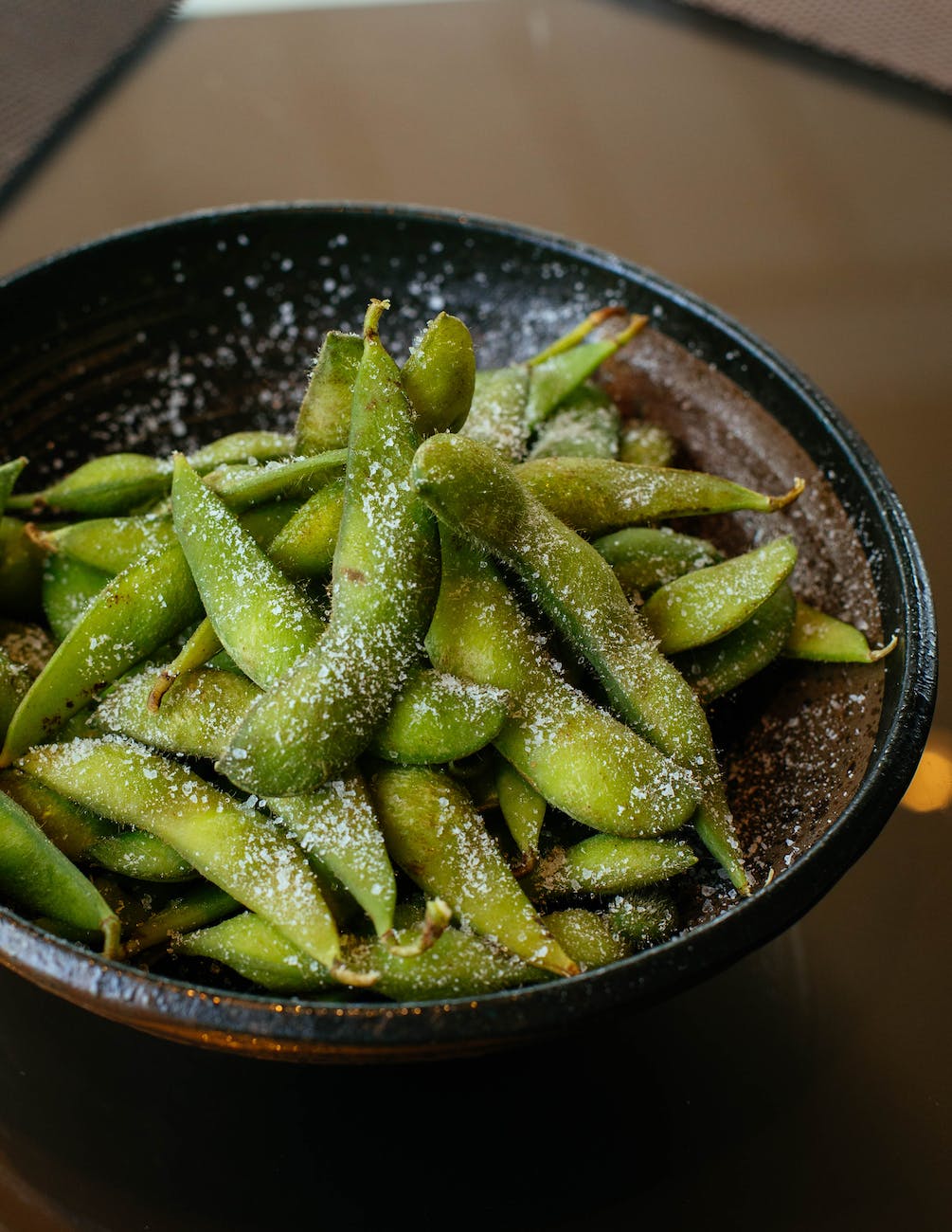
Pregnancy is a time when nutrition takes center stage, and what better way to nourish both mother and baby than with some exotic superfoods? These nutrient-packed foods not only add variety and excitement to your prenatal diet but also come loaded with essential vitamins, minerals, and antioxidants. Let’s explore ten exotic superfoods that can contribute to a healthy and vibrant pregnancy.
1. Quinoa: The Protein-Packed Ancient Grain
Quinoa, often hailed as a ‘super grain,’ is a complete protein, providing all nine essential amino acids vital for both mother and baby’s health. It’s also high in fiber, iron, and magnesium, making it a fantastic alternative to traditional grains, especially for those following a gluten-free diet.
2. Chia Seeds: Tiny Seeds with Mighty Nutrients
Don’t let their size fool you; chia seeds are a nutritional powerhouse. They’re an excellent source of omega-3 fatty acids, crucial for fetal brain development. Plus, their high fiber content can help combat pregnancy-induced constipation.
3. Acai Berries: The Antioxidant Rich Berry
Acai berries are bursting with antioxidants, which protect cells from damage and boost energy levels. They’re also rich in vitamins and minerals, supporting overall health during pregnancy.
4. Kefir: The Probiotic Wonder
Kefir, a fermented milk drink, is brimming with probiotics, essential for maintaining a healthy gut. A healthy gut can enhance digestion and absorption of nutrients, crucial during pregnancy.
5. Moringa: The Miracle Tree
Moringa leaves are known for their impressive nutritional profile. High in vitamins A, C, and E, as well as calcium and iron, moringa is a great supplement to a prenatal diet, especially in regions where these nutrients might be lacking in the diet.
6. Edamame: The Green Powerhouse
Edamame, or young soybeans, are not only delicious but also a fantastic source of protein, fiber, and vitamins. They are particularly beneficial for vegetarian and vegan diets during pregnancy.
7. Matcha: A Healthier Caffeine Alternative
Matcha, a type of green tea powder, is an antioxidant-rich food that can offer a gentle energy boost. While caffeine intake should be limited during pregnancy, matcha provides a healthier alternative with added health benefits.
8. Kimchi and Fermented Foods: For Gut Health
Fermented foods like kimchi are rich in probiotics, which are vital for maintaining healthy gut flora. A balanced gut microbiome is essential for optimal nutrient absorption and immune function.
9. Turmeric: The Anti-Inflammatory Spice
Turmeric is known for its anti-inflammatory properties. Adding turmeric to meals can help reduce inflammation and joint pain, which can be particularly beneficial during the later stages of pregnancy.
10. Goji Berries: The Nutrient-Dense Snack
Packed with antioxidants, vitamins, and minerals, goji berries are a great snack option. They support immune health and provide a natural energy boost, which can be helpful during pregnancy.
Conclusion:
Incorporating these exotic superfoods into your pregnancy diet can provide a wealth of health benefits. However, it’s important to remember that while these foods are nutritious, they should complement a balanced diet. Always consult with your healthcare provider before introducing new foods into your pregnancy diet, especially if you have any dietary restrictions or health concerns.
Enjoy the journey of pregnancy with these flavorful, nutrient-rich superfoods on your plate!
FAQs
- Can I consume quinoa every day during pregnancy? Yes, quinoa can be a daily part of your diet. It’s a complete protein and rich in other nutrients, making it ideal for pregnancy nutrition.
- Are chia seeds safe throughout pregnancy? Absolutely! Chia seeds are safe and beneficial throughout pregnancy, offering omega-3s, fiber, and calcium.
- How do acai berries benefit pregnancy? Acai berries are rich in antioxidants, which support immune health and provide energy, both of which are beneficial during pregnancy.
- Can kefir help with pregnancy digestion? Yes, kefir’s probiotics can improve gut health, aiding digestion and nutrient absorption, which is crucial during pregnancy.
- Is moringa safe for all stages of pregnancy? Moringa is generally safe but consult with a healthcare provider first, especially if you have specific health conditions.
- How much edamame can I eat while pregnant? Edamame is safe in moderation. A serving or two per day can provide you with protein, fiber, and vitamins.
- Is matcha a good alternative to coffee during pregnancy? Matcha is a healthier caffeine alternative, but it should be consumed in moderation due to its caffeine content.
- Can kimchi help with pregnancy-related gut issues? Yes, kimchi is rich in probiotics, which can help maintain a healthy gut microbiome, aiding in digestion during pregnancy.
- Does turmeric have specific benefits for pregnant women? Turmeric’s anti-inflammatory properties can help reduce inflammation and joint pain, which can be beneficial during pregnancy.
- Are goji berries a good snack option during pregnancy? Definitely! Goji berries are packed with nutrients and antioxidants, making them a great snack choice for energy and immune support.
Blog Tags: Pregnancy Superfoods, Exotic Foods in Pregnancy, Prenatal Nutrition, Healthy Eating During Pregnancy, Quinoa, Chia Seeds, Acai Berries, Kefir, Moringa, Edamame, Matcha, Kimchi, Turmeric, Goji Berries, Gestational Health










